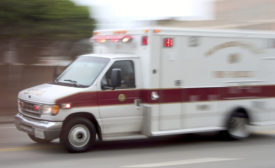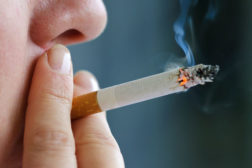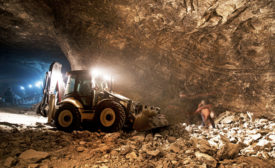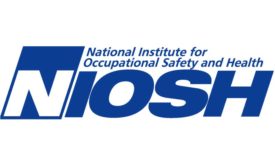Featured on Home Page
A NIOSH Science Blog post
Hear and Now Noise Safety Challenge Winners: Part 3 of 3
December 23, 2016
Become a Leader in Safety Culture
Build your knowledge with ISHN, covering key safety, health and industrial hygiene news, products, and trends.
JOIN TODAYCopyright ©2025. All Rights Reserved BNP Media.
Design, CMS, Hosting & Web Development :: ePublishing










